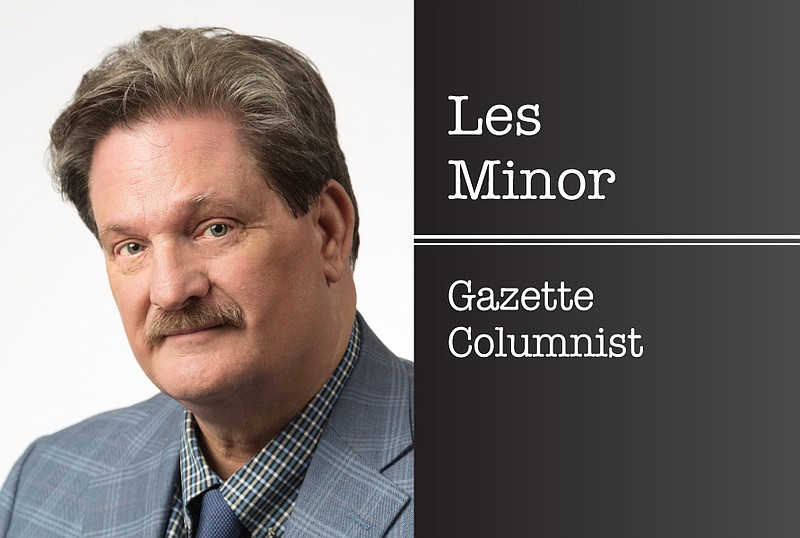The Summer of Love will have its 50th anniversary in a few months.
It will most certainly be celebrated in San Francisco, then the poster child of peace, flower power and communal living. But knock-off movements sprung up all across America, particularly in college towns, and anyone now of retirement age would have been exposed to, if not influenced by, the happenings that exploded into national headlines.
1967 was a magical, hopeful year for American youth. The phenomenon had a tangible influence on art, music, fashion and the cultural proclivities of the times, including the sexual revolution.
More than 100,000 young people converged on the Haight-Ashbury neighborhood starting in the spring and continuing until classes resumed in the fall.
Words that were used to describe various aspects of the gathering included hippie, counterculture, psychedelic, nonconformists. The men wore long hair and beards, dressed in T-shirts and bell-bottom pants. Women kept it simple, natural. Long skirts and peasant blouses were trending. So was going braless.
Sandals or bare feet were in for both genders. Beads and bright colors were OK, too. Tie-dyed garments were the rage.
Participants talked about free love and loathed materialism. Drugs were OK in most circles. LSD and marijuana common. Then and there, a good deal of the drug use represented a search for enlightenment. It wasn't just for recreational use or for masking pain.
None of this is to glorify drug use. But it seemed a lot more innocent back then.
There was also an anti-war element to much of the unconventional thinking.
Music was a significant catalyst to the scene. The Beatles' "Sgt. Pepper's Lonely Hearts Club Band" ruled the airways, but a lot of good music was coming out of California, as well, both influencing and being influenced by what was going on.
Midwesterners looked at all of this will horror. It was a pretty but well-placed repudiation of middle-class values by the younger generation. It all seemed rather strange, even frightening.
It didn't last, of course. Too many people, too few public services. The search for enlightenment spiraled into despair, homelessness, drug problems, crime.
Creating utopia actually carries an upscale price tag-one that the youthful dreamers had no way of financing.
But they were so positive they had it all figured out and could fix the world their parents had broken.
It was an interesting few months.
1968 was probably a more seminal year in U.S. history, the year when 1967's dreamlike quality ran headlong into reality and had the wind sucked out of it. Strangely, these two years represented different sides of the same coin, one shiny, the other tarnished.
In 1967 we had "Sgt. Pepper's." In '68 we had "Revolution," "Sympathy for the Devil," assassinations, and a war in Vietnam that was expanding instead of contracting.
In '67 there were Love-ins. In '68 there were riots.
In 1967, the Haight-Ashbury crowd pushed back against materialism, yet with no lasting effect. Over time materialism instincts grew even stronger in our country.
Now, the wisdom being sold is that today's youth should set their sights lower, and voluntarily accept a less material world because the world we've created no longer supports such dreams.
Funny how things change. Fifty years ago, when youth rejected materialism it was a bad thing. Now its reasonable.
But for that one summer, driven as it was by sex, drugs and rock music, nirvana seemed attainable.
Nobody thinks they can fix the world anymore.
Today, much of that generation is now using drugs, prescription or otherwise for pain management.
The music still lives on in the soundtracks of movies-more so than the music of previous generations.
Back then, there was a sense of unity within the youth culture, and the fight was against the "establishment," those leading the structured and dour masses on the opposite side of the generation
gap.
Now that youth culture is the establishment. They can't agree on much of anything, are politically divided, angry and itching for a fight-with each other. Blind trust has been replaced by distrust.
Sex, drugs and rock music has become Viagra, pain meds and customizible music experiences driven by algorithms rather than popular demand.
If what went on 50 years ago all seems rather insane now, what's happening today seems just as crazy.

